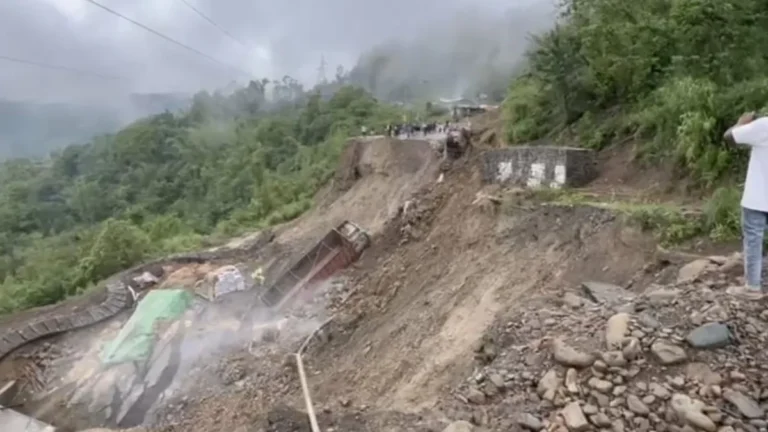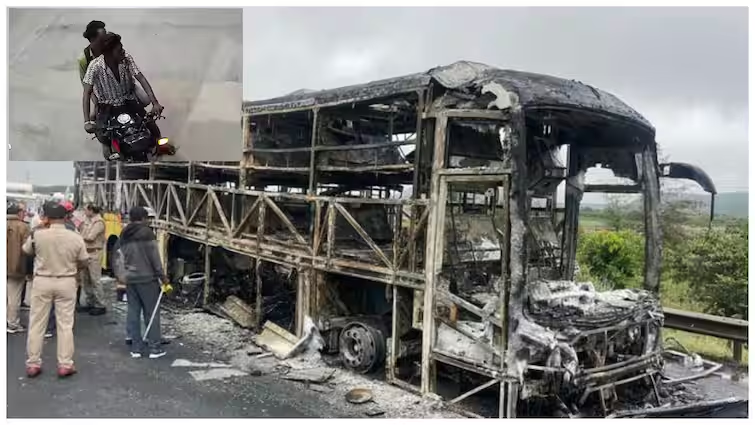Nagaland University Hosts Manipur Farmers for Agricultural Training
Introduction: Empowering Farmers through Education
When it comes to agriculture, knowledge is power. But what happens when farmers are equipped with cutting-edge techniques and real-world applications? They transform the way they approach farming, which can lead to increased yields and sustainability. That’s exactly what the recent agricultural training event at Nagaland University (NU) sought to achieve. Hosted from November 7th to 8th, 2024, the event welcomed ten farmers from Senapati, Manipur, as part of a broader effort to improve agricultural practices in the region.
The Role of Agricultural Technology Management Agency (ATMA)
The event was a collaborative effort spearheaded by ATMA, Senapati District, and the Department of Agriculture, Government of Manipur. ATMA plays a pivotal role in extending agricultural services and training to farmers across India, ensuring that rural communities have access to the latest knowledge and technology in the field of agriculture.
A Focused Approach: The Training’s Objective
So, what was the goal of this training? The objective was to expose farmers to innovative agricultural practices that could enhance their farming techniques. It’s about more than just theory; it’s about showing farmers the tools and methods that can be implemented right away. The two-day training at NU provided an immersive experience where farmers could learn directly from experts.
Farmers’ Visit to Nagaland University
Imagine walking into a well-equipped agricultural lab where you can see the practical applications of what you’ve learned. That’s precisely what these Manipur farmers experienced. The first day of the program was filled with hands-on learning and exposure to various research and agricultural units on the university’s Medziphema campus. The farmers toured facilities such as the STINER centre, which focuses on sustainable farming practices, and the Vermi-compost unit, where they saw firsthand how organic waste can be converted into high-quality compost. In addition, the Mushroom unit provided a practical demonstration of modern mushroom cultivation techniques, offering the farmers a broader understanding of niche crops that could add value to their farms.
A Look at the Educational Units
Each of these units served as a living classroom, showing farmers the latest innovations in agriculture. The STINER centre, for instance, focuses on integrating sustainable practices with high-yield farming methods. Vermi-composting, on the other hand, is a sustainable way of enriching the soil, helping farmers move away from chemical fertilizers. And let’s not forget the Mushroom unit— a hot topic in agricultural circles for its profitability and environmental benefits.
Hands-On Learning: The Heart of the Training
What makes a training session truly valuable? The ability to apply new knowledge right away. The hands-on approach was a key highlight of the event. Farmers didn’t just sit in classrooms; they engaged with the materials, learning through observation and active participation. This kind of engagement helps them internalize the information and makes it easier to implement what they’ve learned when they return home.
Why This Training Matters
For farmers in rural areas like Senapati, such exposure to modern agricultural practices is invaluable. While traditional farming methods have served many generations, global climate change, soil degradation, and market demands have made it necessary for farmers to adopt more innovative approaches. This training wasn’t just a one-time event; it’s part of a larger vision to improve food security, boost economic development, and protect the environment in the long run.
Conclusion: A Step Toward Better Farming
By empowering farmers with knowledge, Nagaland University and ATMA have set a strong foundation for improving the future of farming in Manipur and beyond. The skills and insights gained from this exposure trip are bound to ripple outwards, benefiting the wider community and helping farmers navigate the challenges of modern-day agriculture.
FAQs
- What is the purpose of the training at Nagaland University?
The training aimed to enhance the agricultural skills of farmers from Manipur by exposing them to advanced farming techniques and technologies. - Who organized the event?
The event was organized by the Agricultural Technology Management Agency (ATMA), Senapati, in collaboration with the Department of Agriculture, Government of Manipur. - What did the farmers learn during the training?
Farmers learned about sustainable farming practices, vermi-composting, mushroom cultivation, and other modern agricultural methods. - How did the training help farmers practically?
Farmers gained hands-on experience by visiting various agricultural units at Nagaland University, where they could see real-world applications of the techniques. - Why is hands-on learning important for farmers?
Hands-on learning ensures farmers understand how to apply new techniques in their own fields, making the knowledge more practical and impactful.





